Professional Experience Development Record (PEDR)
The pathway towards registration as titled ‘architect’ with ARB in the UK involves a minimum of 24 months’ professional practical experience to be eligible to undertake the Part III examinations, a minimum of 12 months of which must be post-Part 2, and a maximum of 12 of which can be from post Part I practical experience.
It is not uncommon for graduates to undertake two or more years of experience post-Part 2 in order to fully prepare for the Part 3 exam.
Your practical experience would be supported and guided by both an employment mentor and Professional Studies Advisor (PSA) through a Graduate Monitoring Service, such as Norwich University’s PEDR for Architectural graduates.
You will be supported by ARB registered architects at Norwich who will function as your PSA.
You will use the online Royal Institute of British Architects’ (RIBA) PEDR sheets to monitor and evaluate your experience in architectural practice under the supervision of a qualified person within the practice, called your Employment Mentor. Upon registration with Norwich, you will be allocated a PSA who will receive, evaluate and endorse your PEDR sheets with advice.
This renders the PEDR valid as evidence of professional experience for the purposes of eligibility for the Part 3 examination. You should record this experience using our PEDR recording tool. You should have PEDR sheet for each three months, or quarter of a year of a year, in practical practice.
Who can register for the Norwich University of the Arts PEDR for Architectural graduates?
You would enrol on the PEDR programme after completing your BA (Hons) Architecture course, or equivalent, or concurrently with a part-time MArch course, or after you have completed the MArch course, or equivalent courses as appropriate.
You would identify with one of these categories:
- You are graduate of a UK school of architecture at post-Part I or post-Part II ARB qualification
- You are a graduate with equivalent non-UK qualification who have obtained Part 1 and/or Part 2 through the ARB’s Prescribed Examination process
- You are enrolled Part II level Part Time student or Apprentice who is working a minimum of 20 hours per week.
If you are unsure of your eligibility, please email us for a free assessment of eligibility.
Explore more
-
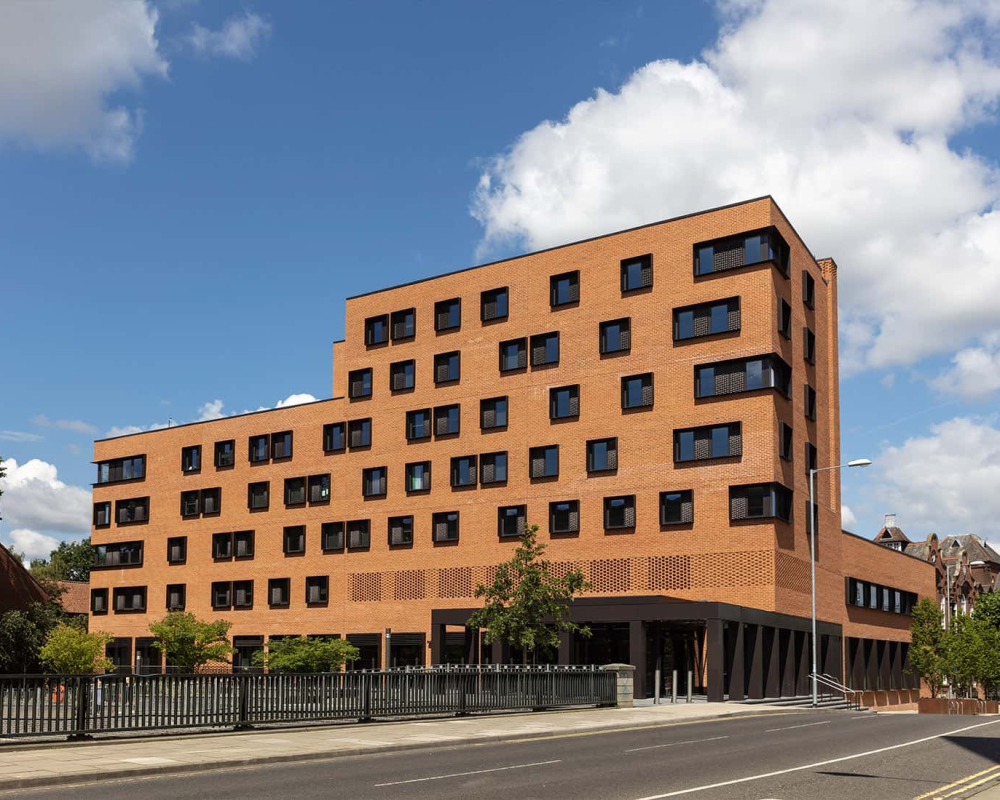
Applicant Days
Applicants days are your chance to dig deeper into your chosen course and get more of a feel for student life at Norwich. -

Course costs
If you are a full-time, UK/Republic of Ireland-fee paying student, we have created a comprehensive breakdown of all course-related costs to help you plan for your time at Norwich. -
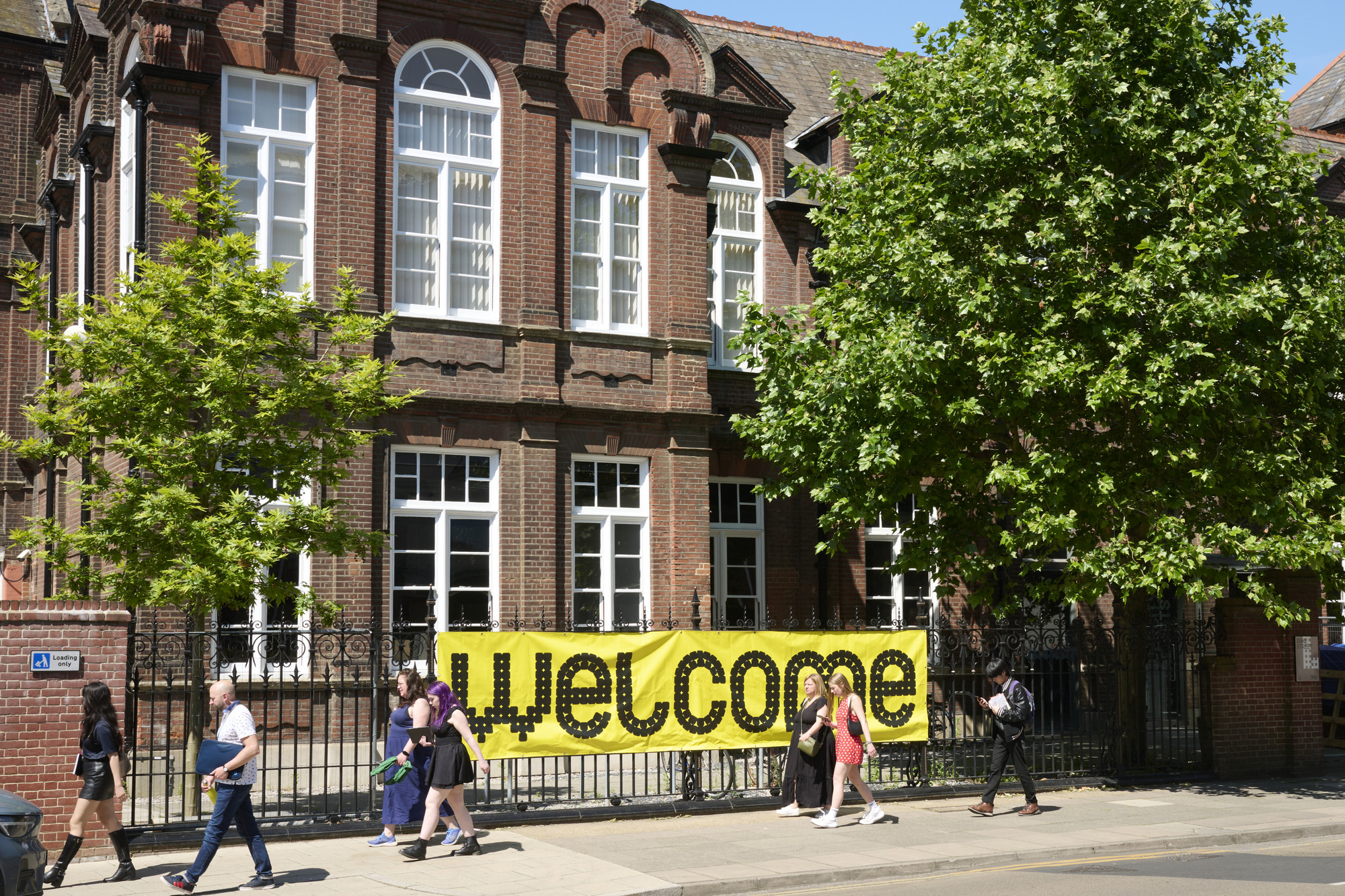
Open days and events
Norwich Open Days give you an opportunity to meet our current students and staff. You can find out about the courses we offer and discover if Norwich is a place where you would like to study. -
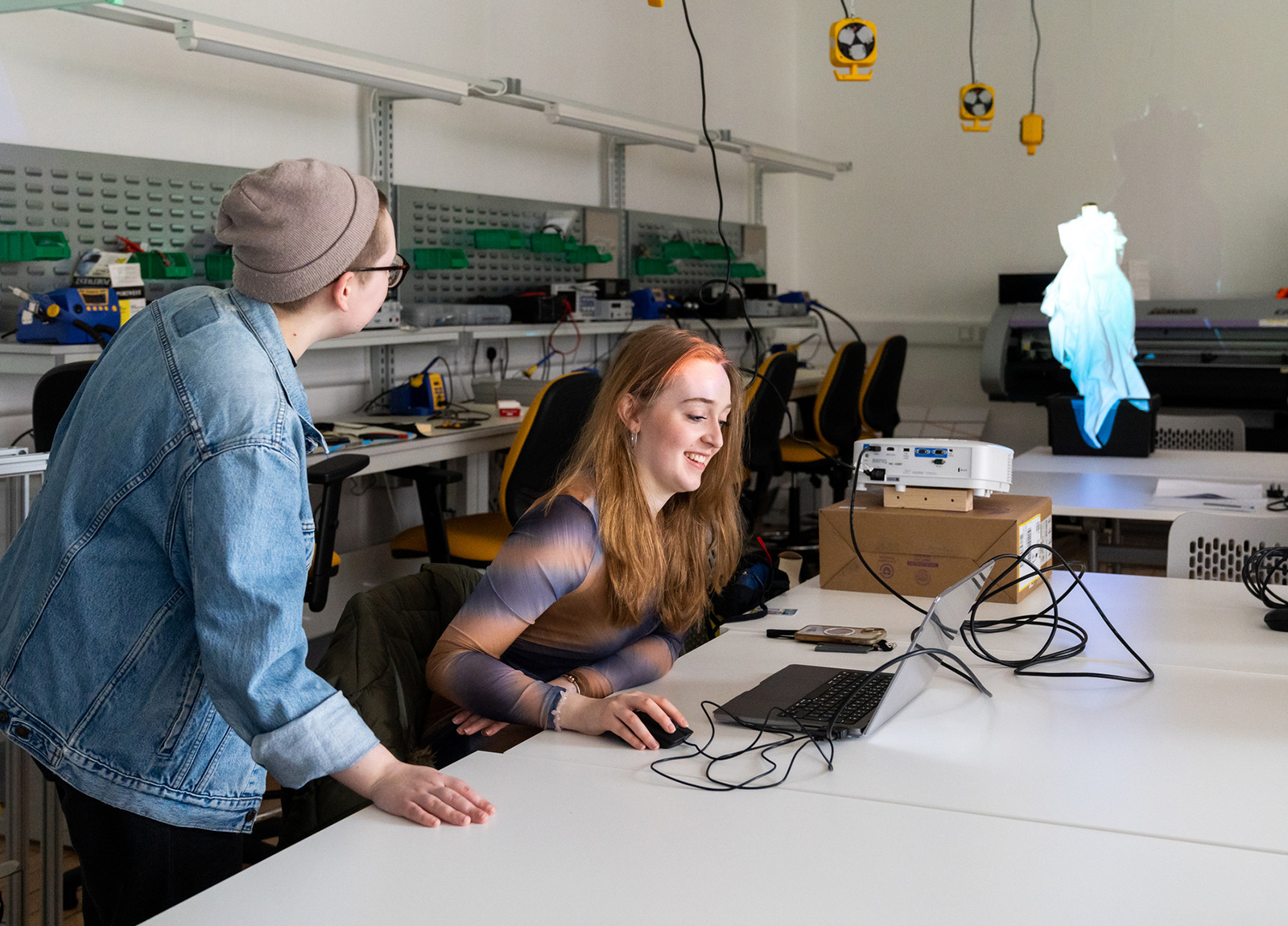
Postgraduate
Our master’s degrees and postgraduate courses allow you to spend time studying a subject in greater depth. -
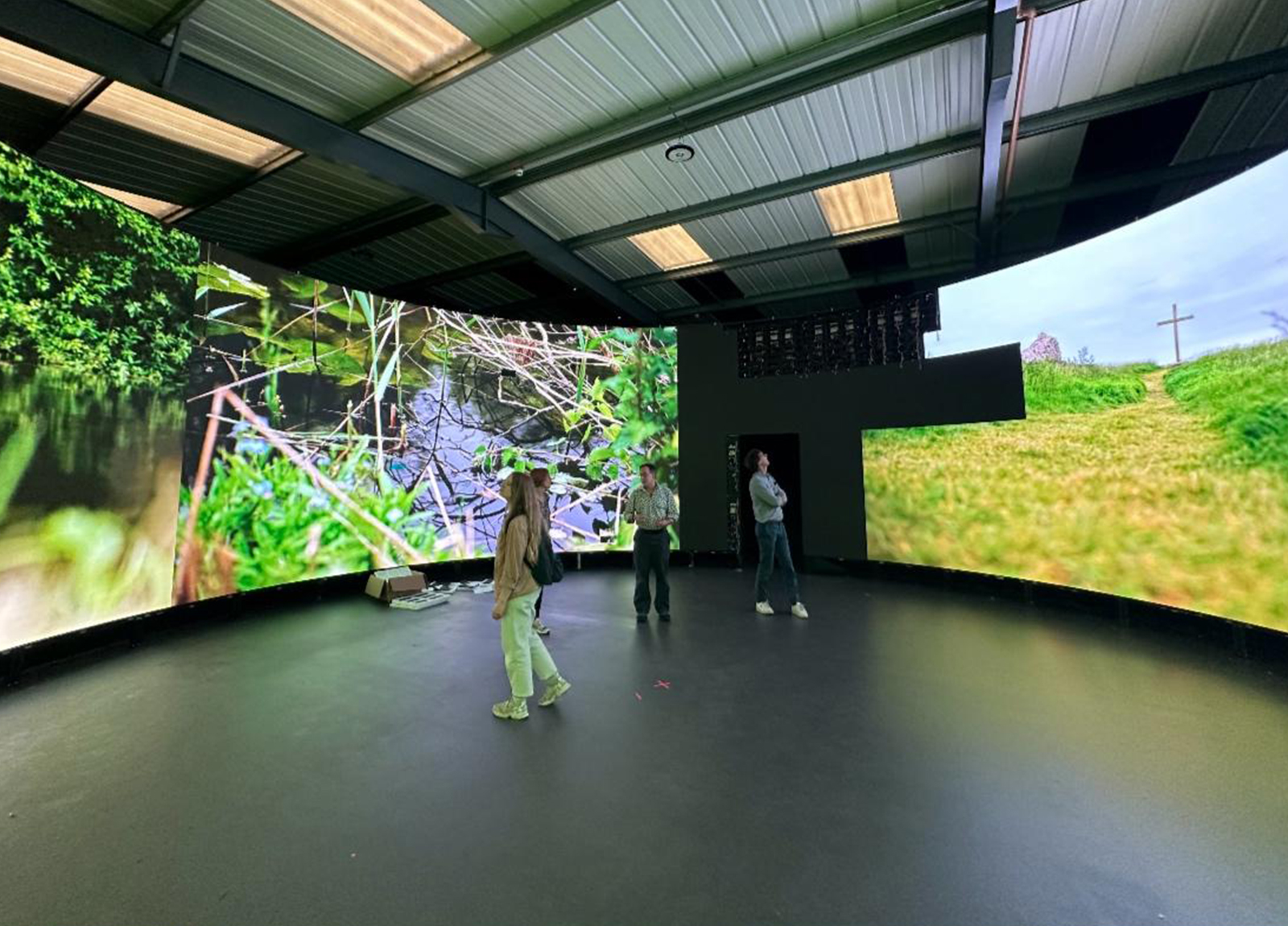
Undergraduate study
Find out everything you need to know about studying an undergraduate degree at Norwich University of the Arts -
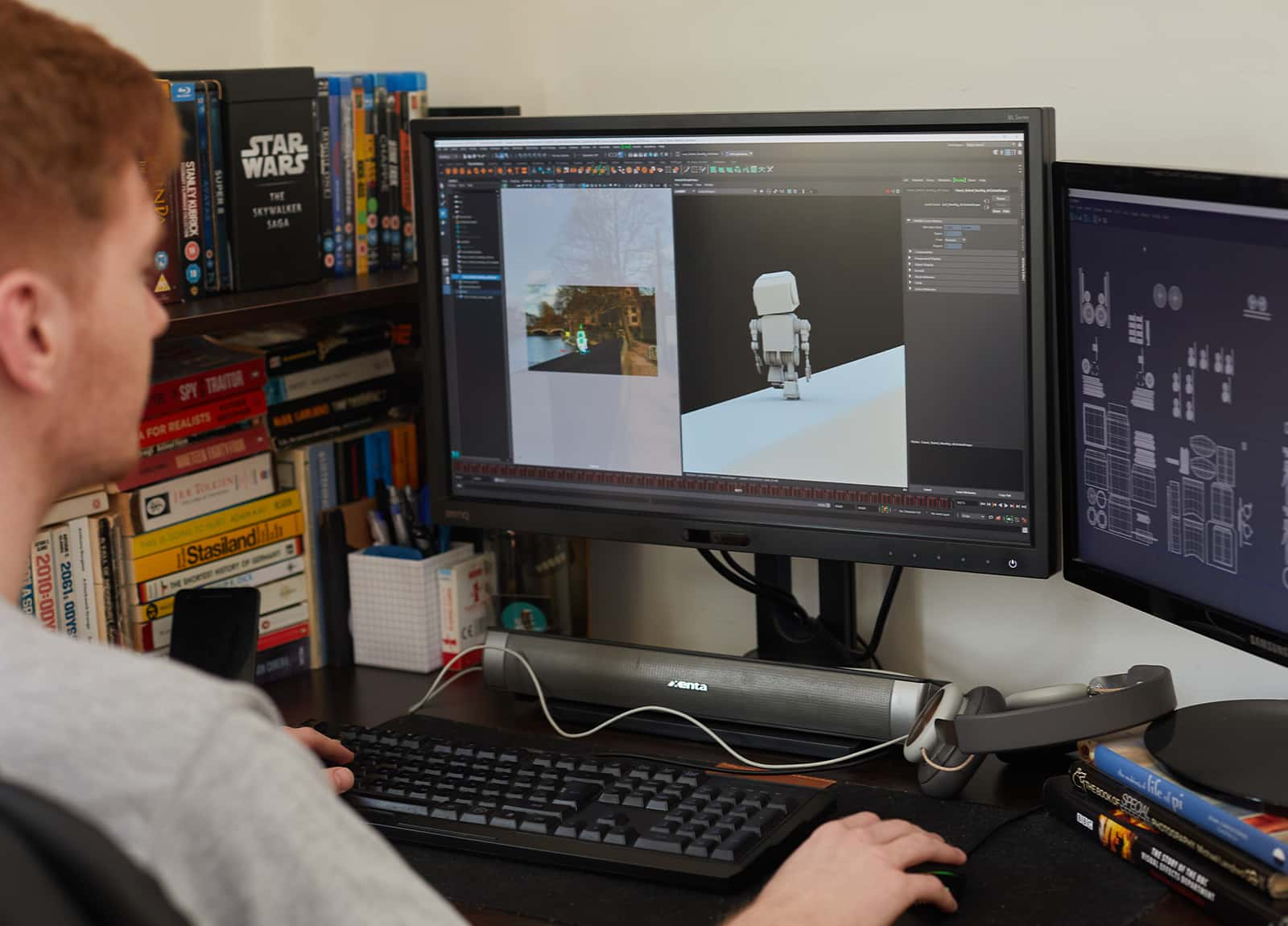
Short courses
Norwich University of the Arts’ short courses help to fill skill gaps in the creative and technological industries, providing you with the opportunity to develop the skills needed for the next step in your career. -
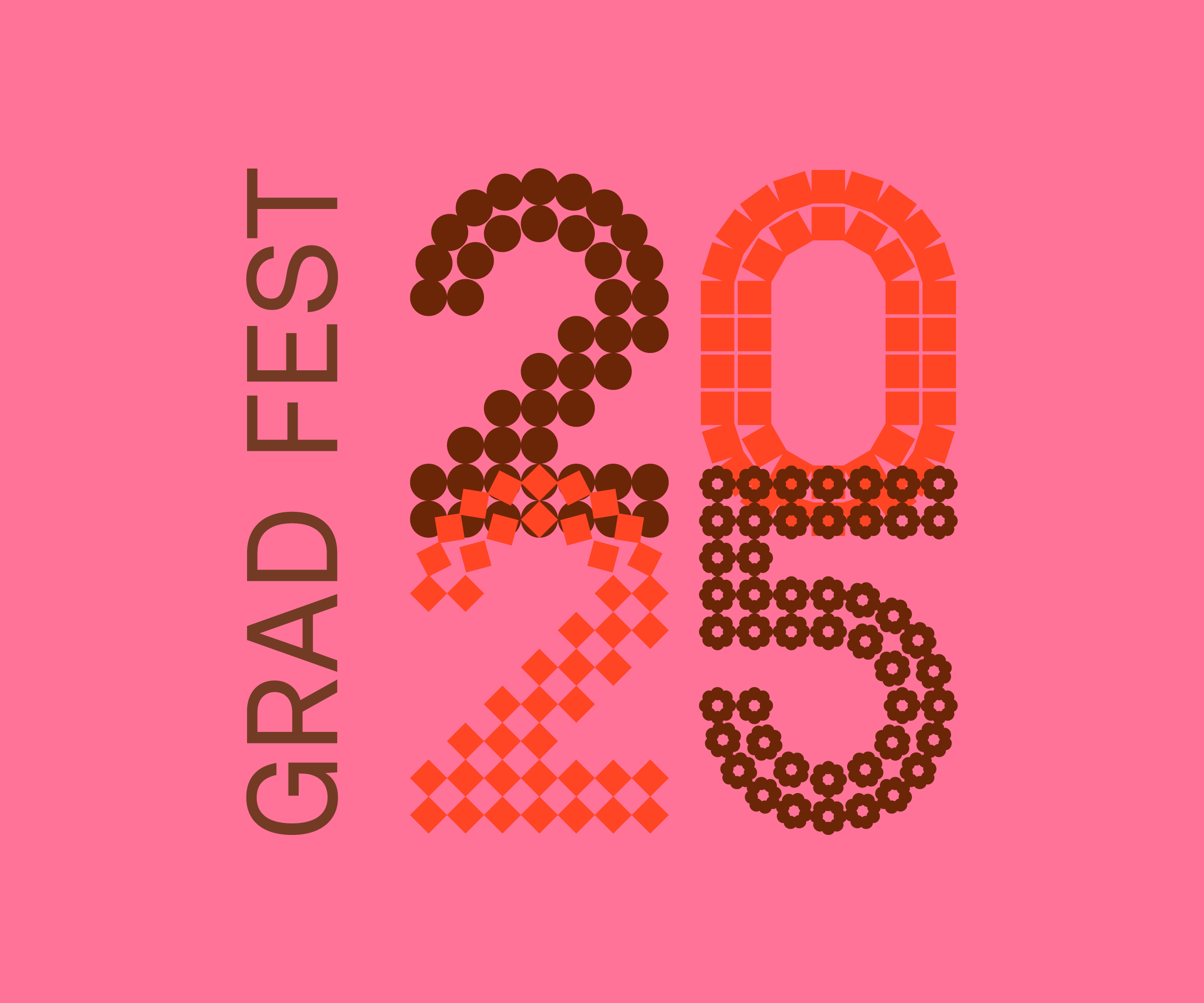
Grad Fest 2025
Explore the Norwich University of the Arts 2025 Grad Fest Showcase -
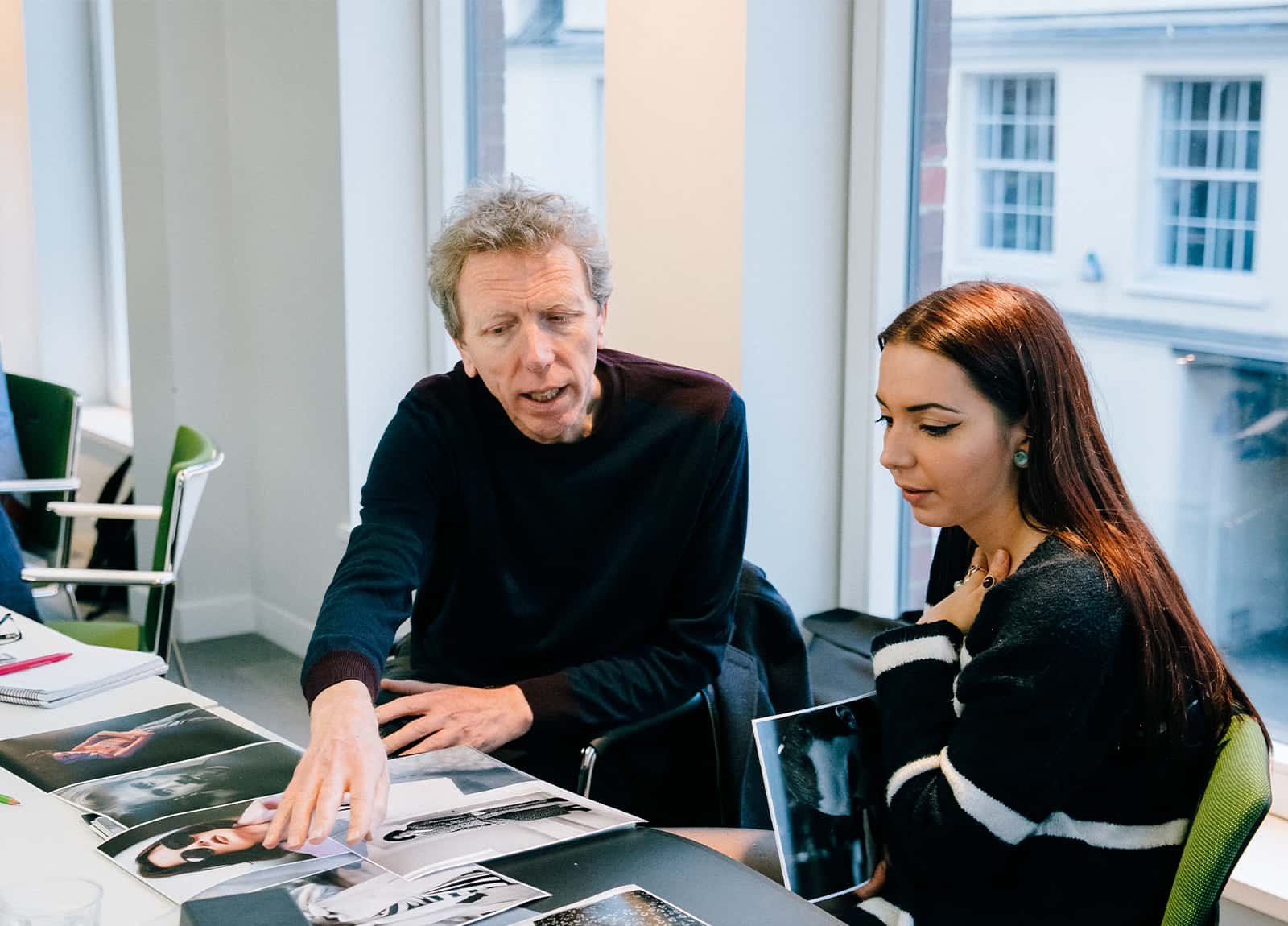
Level 5 Diplomas
Students have an opportunity to spend a year, between the second and third year of their course, enhancing their employability options through a Level 5 Diploma. -

Chat to a student
Got questions about studying with us? Chat to one of our current students to find out what it's like to be part of our welcoming and friendly community. -

Integrated Foundation (Year 0)
If you’re considering studying a new subject or want to develop your skills before diving into a three-year course, then an Integrated Foundation Year is the perfect start, offering an extra year to give you a head start for future success. -

Information for schools and colleges
Norwich University of the Arts works closely with teachers and advisers to champion and nurture creativity both within the UK and internationally -

Assessment
Assessment is the process of evaluating or assessing your learning. -
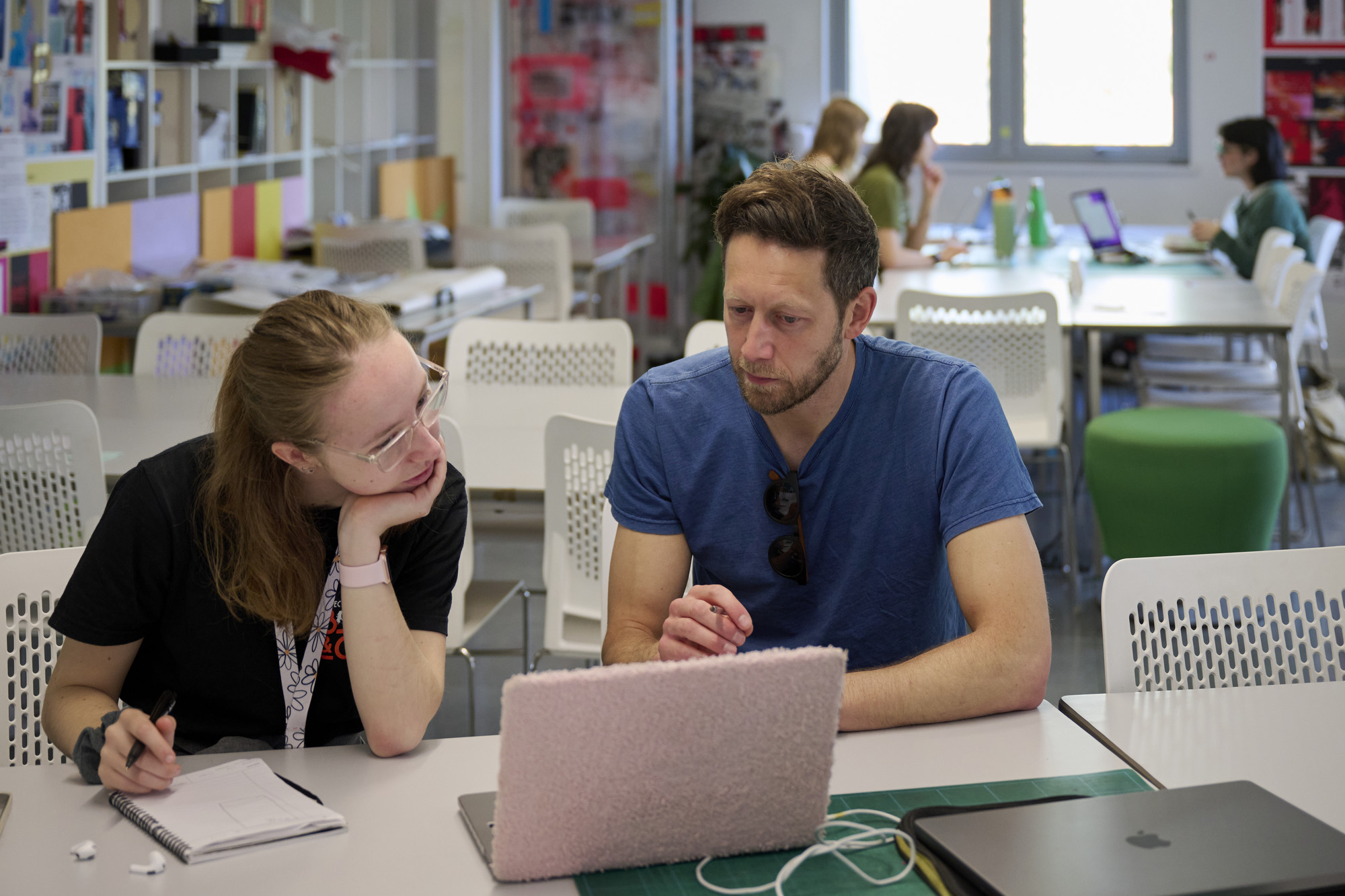
Learning and teaching
Learning and teaching at Norwich University of the Arts is a blend of on-campus practical sessions in our studios, workshops and labs, live-streamed digital sessions, and pre-recorded digital materials you can use on-demand -

Course Search
See our courses and discover why Norwich stands out. From top-rated teaching and world-class studios to a welcoming community and strong industry links.